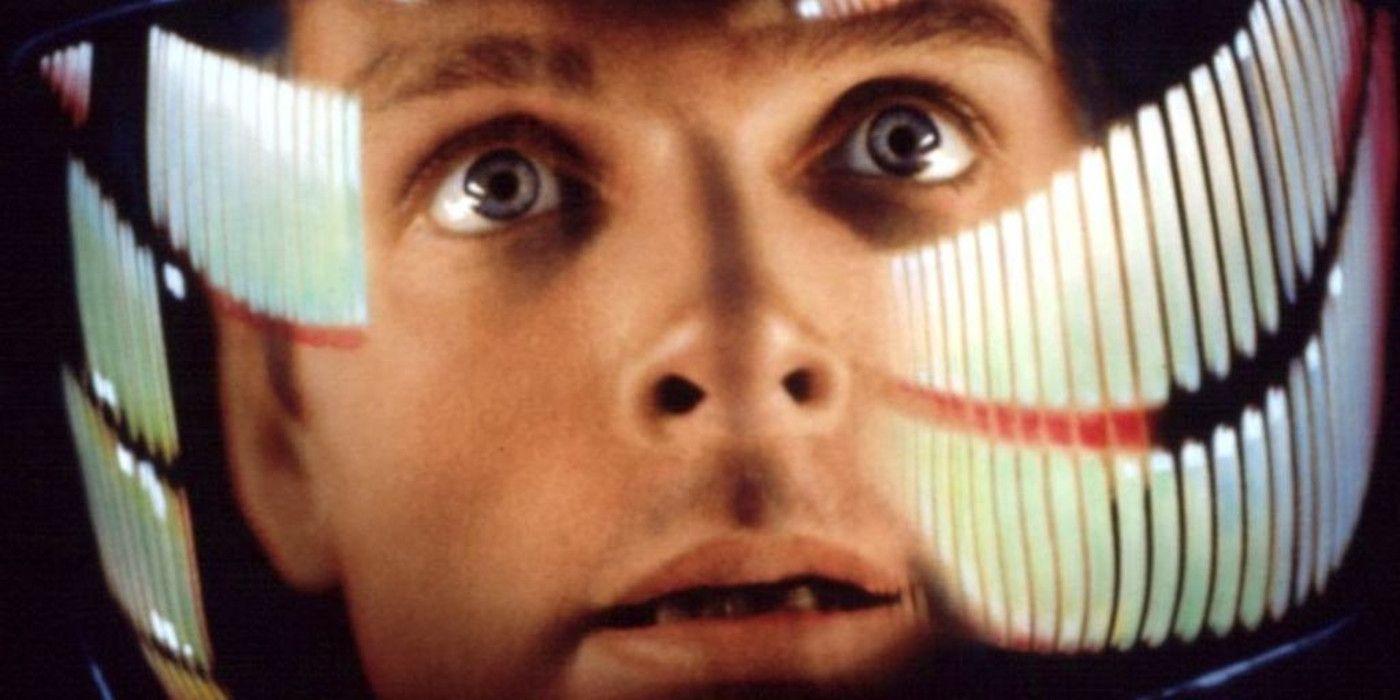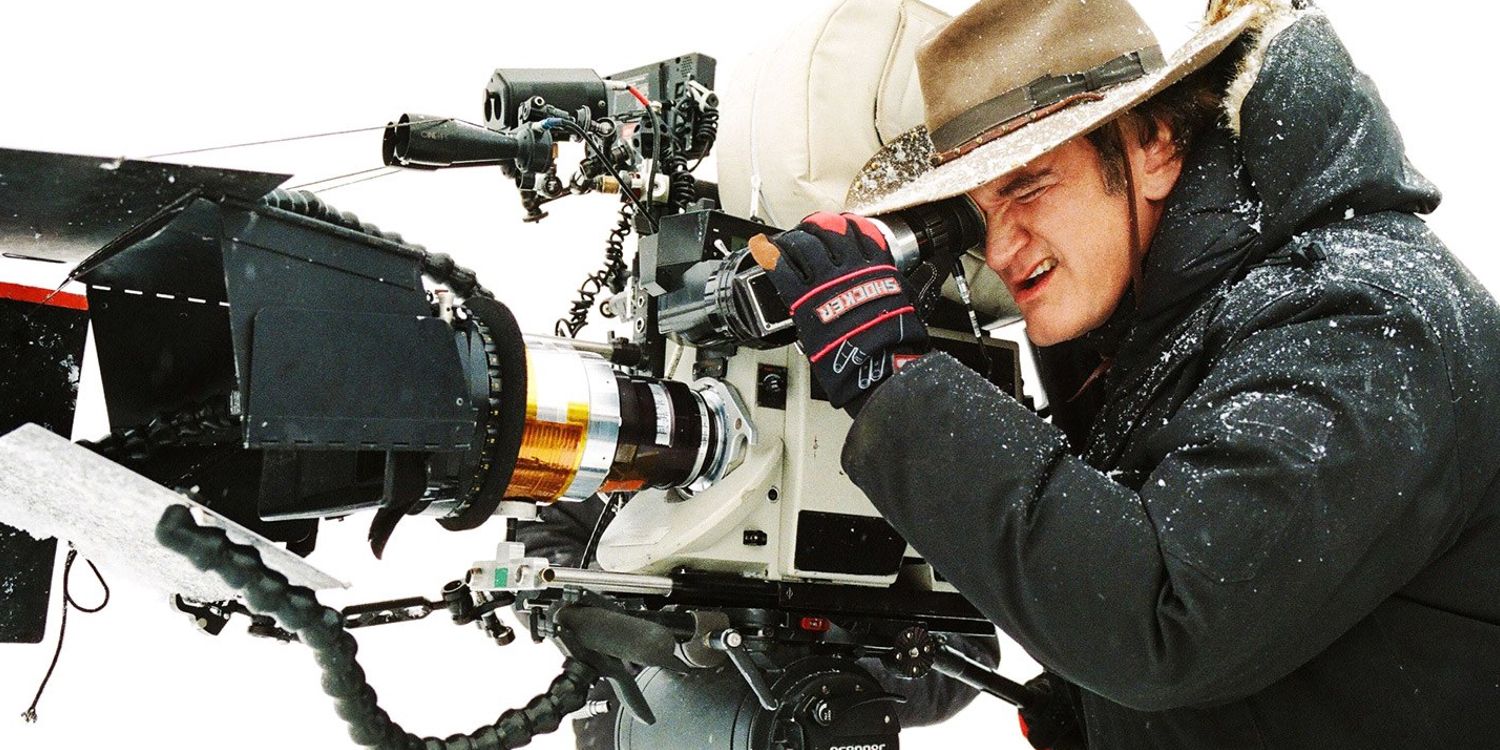Despite the daily of use movie terms like “Kubrickian” and “Scream Queen” - in both pop culture and the entertainment industry as a whole - the words hadn’t been officially recognized by the Oxford English Dictionary, at least in the past. Now, however, movie lovers can rejoice as Oxford has added over 100 film words.
First published in 1884, the Oxford English Dictionary, or OED, is notable for “tracing the development of the human language." In 1988, the first electronic version was introduced, and the second full edition was published the following year. On the official OED website, the the publication describes their mission statement as: "We are dedicated to improving communication through an understanding of, and a passion for, language from around the globe.” Previously in 2018, the OED made three separate updates. In January, 1,100 new additions were made (“northern flicker,” “hazzled,” “electric catfish”), while a term like “cultural appropriation” was amongst 700 new additions in March. This past June, the OED added 900 more “new words, senses, and subentries,” including the popular movie term “binge watch.”
Related: The 25 Best Films on Netflix Right Now
Per the OED official website, the publication has made their biggest update of the year, adding 1,400 new words, senses, and subentries, including over 100 movie-related terms. In the official public release notes entitled “OED 3: The Revisioning (October 2018),” the OED published an extensive article by Senior Editor Craig Leyland, in which he begins by noting how most people equate “the language of cinema” with “visual literacy.”
From there, he explains the significance of adjectives like “Bergmanesque,” “Keatonesque,” “Godardian,” and “Bunuelian,” which relate to the aesthetic styles of the Swedish auteur Ingmar Bergman, the silent era innovator Buster Keaton, the French New Wave visionary Jean-Luc Godard, and the Spanish surrealist Luis Buñuel. In addition, the terms “Lynchian,” Scorsesean,” “Tarantinoseque,” and “Kubrickian” were also added, referring to the distinct cinematic approaches of American directors like David Lynch, Martin Scorsese, Quentin Tarantino, and Stanley Kubrick.
Leyland goes on to explain the reasoning for adding less-obvious words, senses, and subentries. For example, while the average cinephile may associate the word “Giallo” with Italian filmmaking, the official definition ensures that one can properly understand the full meaning and context.
In the past, movie terms from the OED’s update have been mostly associated with film school language. Now, in the Streaming Era, it seems certain words are becoming less obscure. For a full of list of new additions, including terms such as “mumblecore,” “non-diagetic,” and “tentpole,” visit the Oxford English Dictionary’s official website.
More: Here Are the Best TV Shows and Movies Coming to Netflix in October 2018
Sources: Oxford English Dictionary


